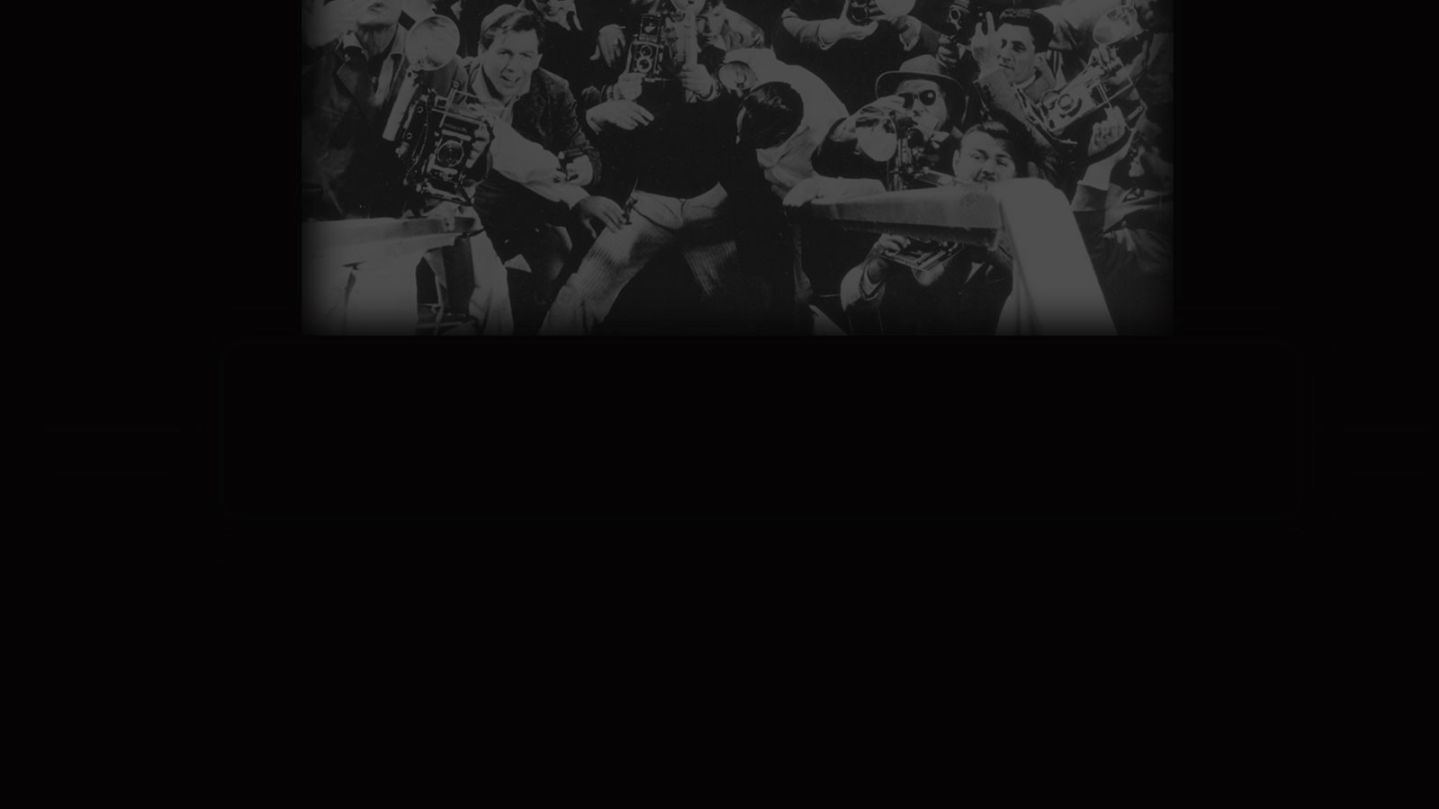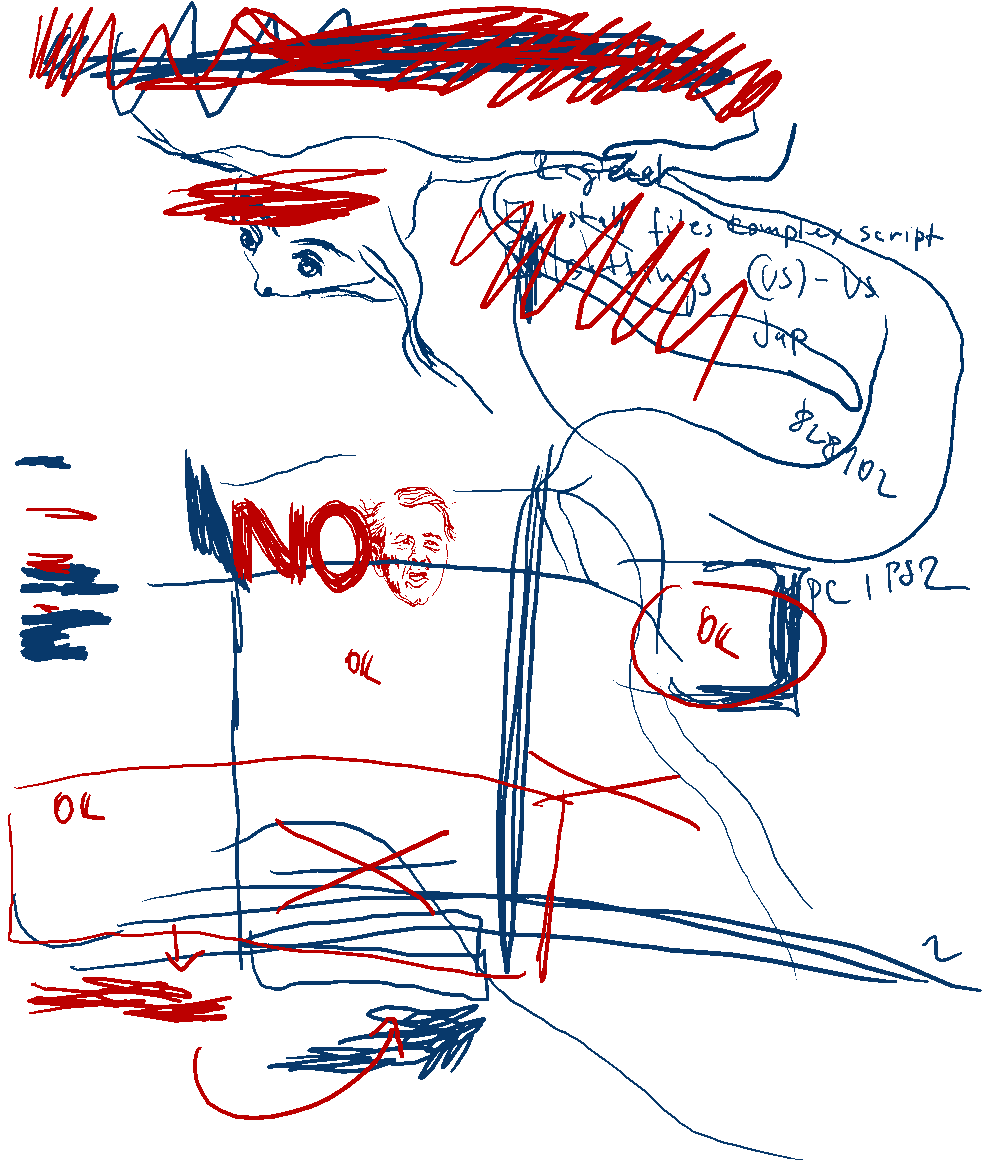
Presidential candidate John F. Kennedy, left, confers with his younger brother and campaign manager, Robert, in a Los Angeles hotel suite in July 1960. It was the week of the Democratic National Convention.

Kennedy arrives at the convention. The 43-year-old senator from Massachusetts became his party's front-runner after overcoming doubts Democratic leaders had about his youth, health and Catholic faith.

Kennedy supporters hold signs reading, "A time for greatness: Kennedy for President." Most of the convention was held at the newly opened Los Angeles Memorial Sports Arena, which later became the home of the Los Angeles Lakers and Clippers.

The youngest Kennedy brother, Ted, speaks to delegates on the convention floor. The 28-year-old, who later became a senator himself, helped run his brother's presidential campaign in western states.

Delegates cheer Kennedy, who won the nomination over a handful of strong rivals including Senate Majority Leader Lyndon B. Johnson, California Gov. Pat Brown, U.S. Sen. Stuart Symington of Missouri, former Illinois Gov. Adlai Stevenson and U.S. Sen. Hubert Humphrey of Minnesota.

Kennedy accepts his party's nomination on July 13, 1960. He had not announced his running mate at that point.

Kennedy surprised many by offering the vice presidential slot to Johnson, his chief rival from Texas. Johnson had announced his candidacy only a week before the convention but couldn't win enough delegates to overtake Kennedy.

Johnson watches television during the convention. He received 409 votes on the only convention ballot, far behind Kennedy's 806. Historians believe Kennedy wanted Johnson on the ticket to help him carry Texas and some Southern states.

An employee of the television network ABC transmits from the convention floor.

To accommodate a larger crowd, Kennedy's acceptance speech was moved from the Sports Arena to the adjacent Los Angeles Memorial Coliseum. His speech, which became known as "The New Frontier," challenged Americans to a choice "between the public interest and private comfort, between national greatness and national decline, between the fresh air of progress and the stale, dank atmosphere of 'normalcy.' "

An aerial view of Kennedy's speech at the Coliseum, which was built in 1923 and has hosted Olympic ceremonies, the Super Bowl and numerous other high-profile events.

"I'm so excited!" said Kennedy's wife, Jacqueline, upon learning that her husband had won the nomination on the first ballot. The future first lady was outside the family's summer home in Hyannis, Massachusetts. She was four months pregnant with John Jr., and on the advice of her doctors she did not travel to Los Angeles.

Journalists work in the press room at the Los Angeles Memorial Sports Arena.

Former first lady Eleanor Roosevelt speaks at the convention. Roosevelt, who had supported Johnson over Kennedy as the nominee, died two years later at the age of 75.

Johnson, left, and Robert F. Kennedy, center, share a laugh during remarks by John F. Kennedy.

Legendary CBS newsman Edward R. Murrow interviews John F. Kennedy.

Kennedy meets with a group of delegates at the convention. Kennedy became the youngest President ever elected in November, and the African-American vote went heavily for Kennedy over Richard M. Nixon.




